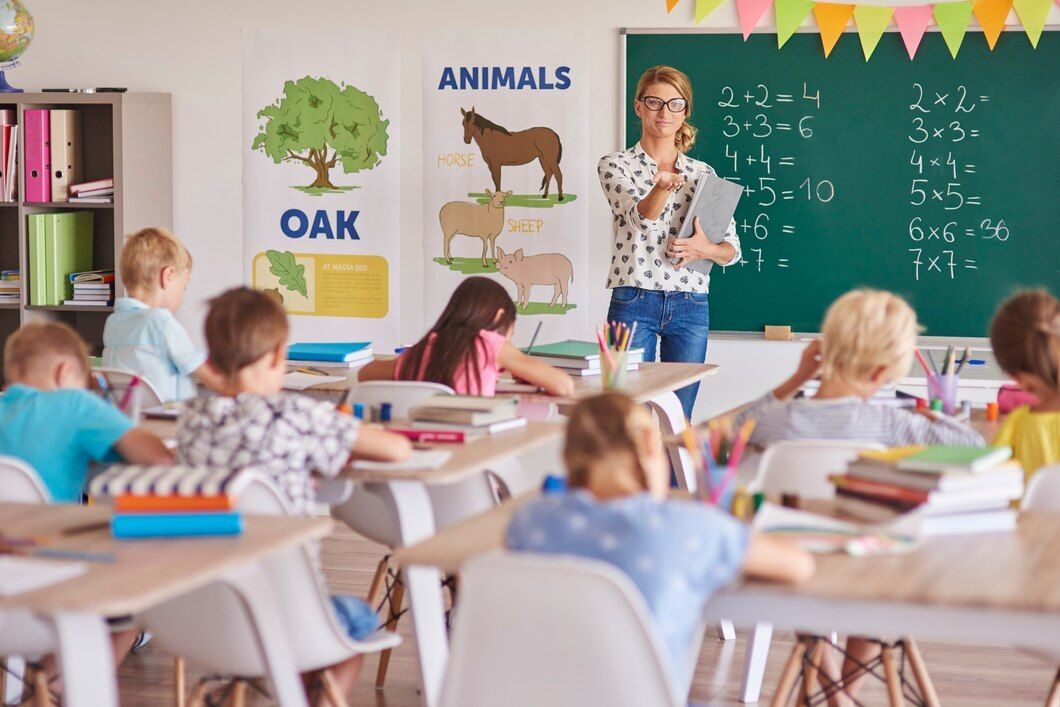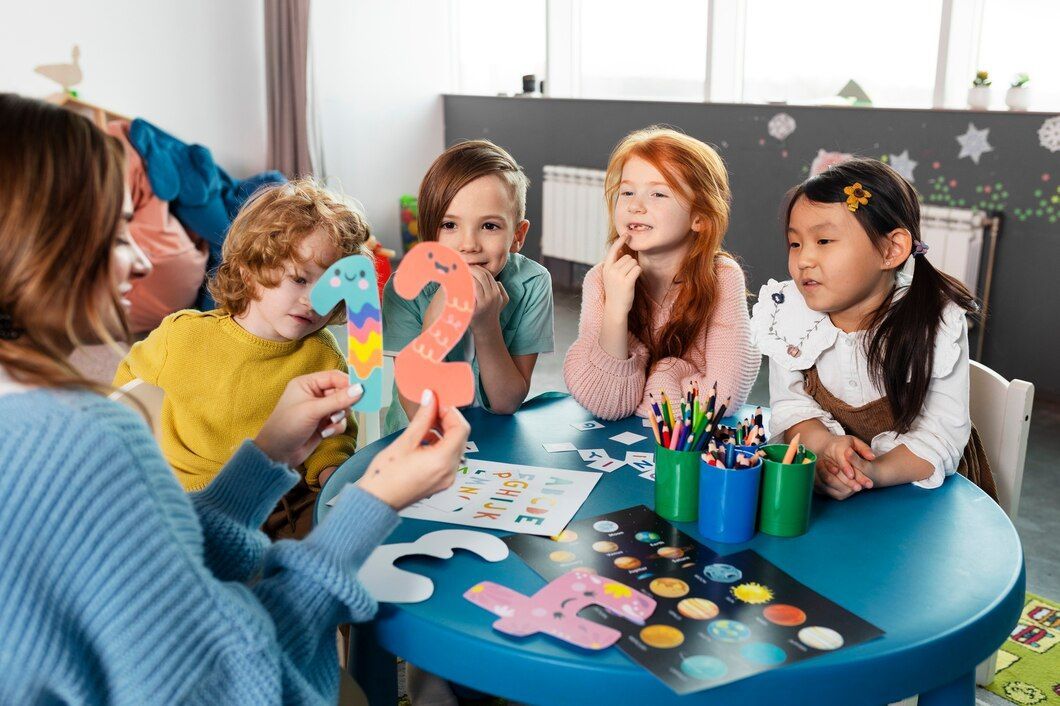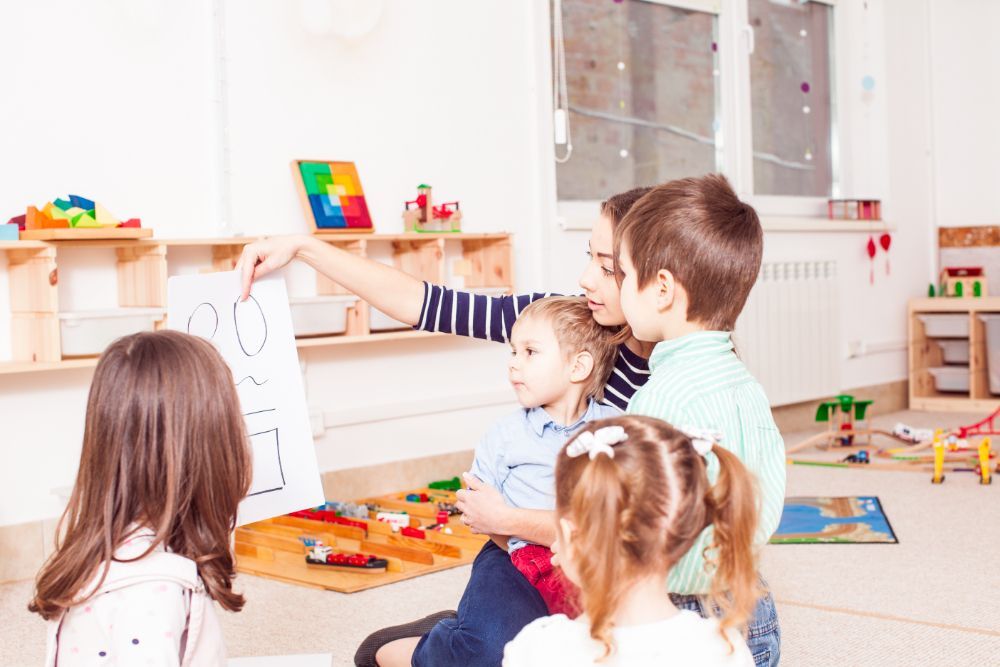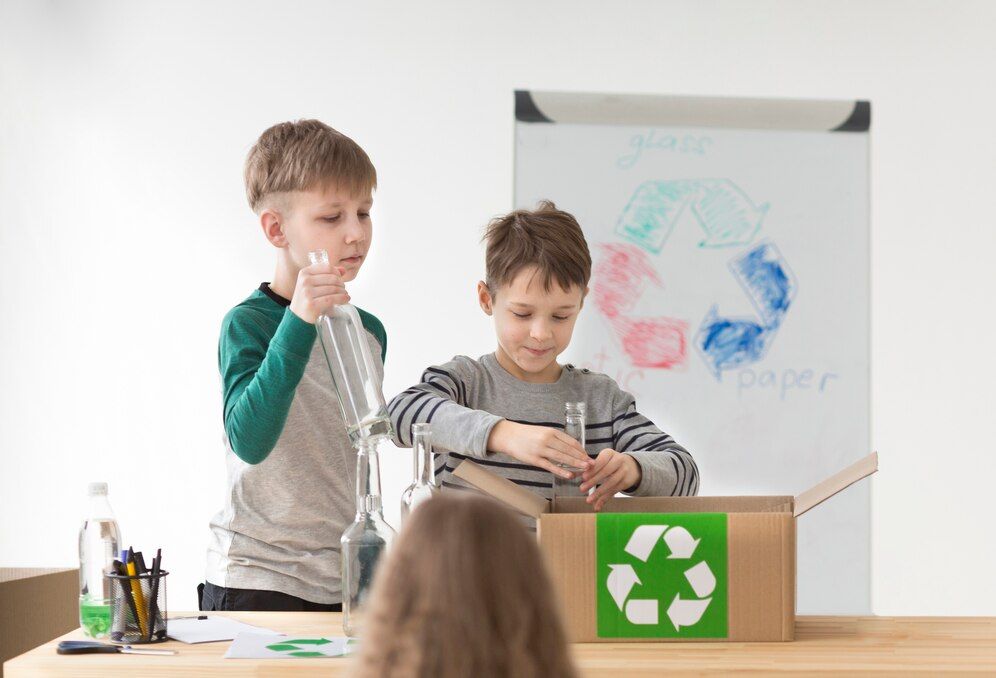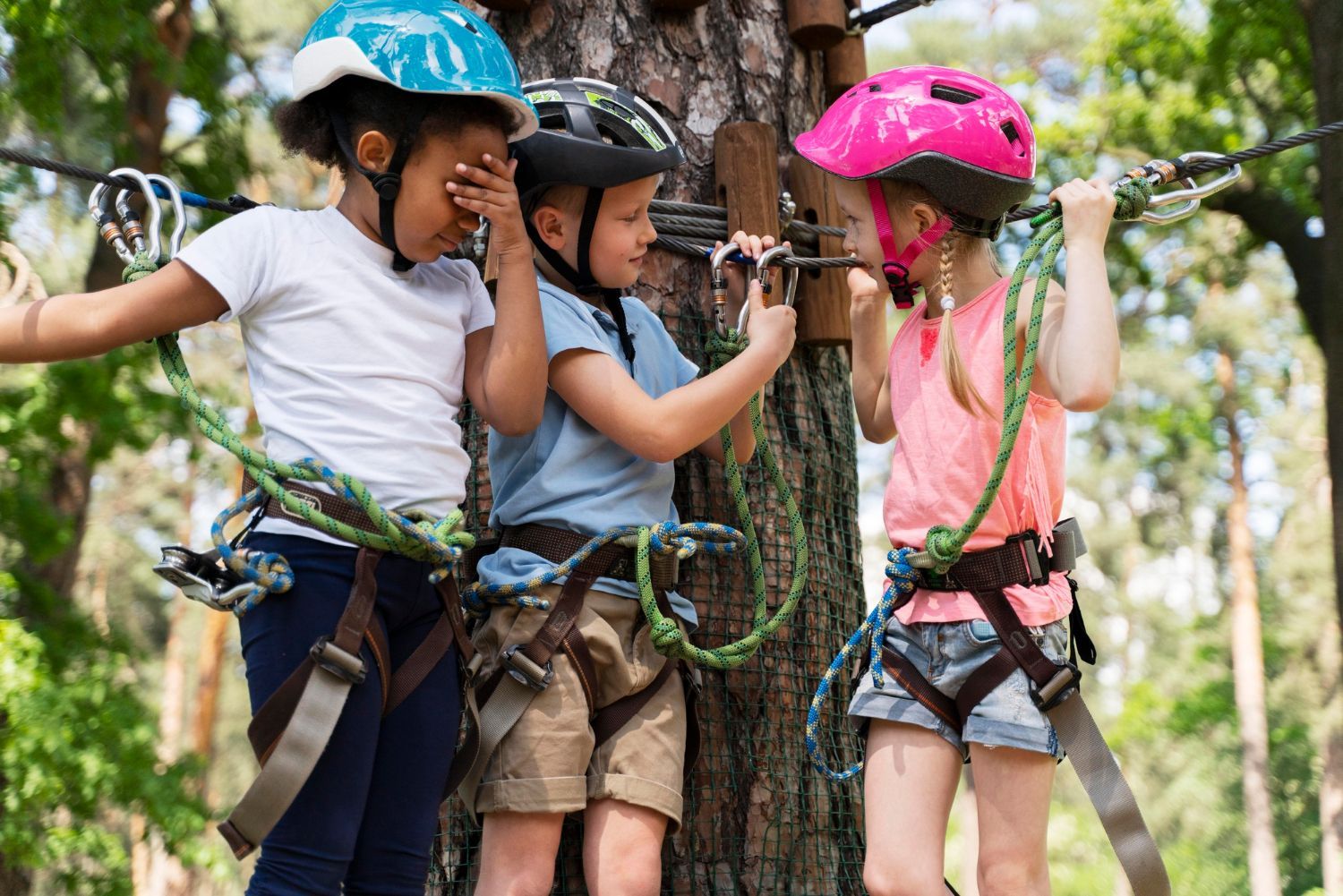Incorporating the Montessori Approach at Home: Tips for Parents
As parents, we are persistently in pursuit of the most effective educational methods for our children. The Montessori approach, rooted in the work of Dr. Maria Montessori, is one such method that champions the idea of children as natural learners. Harnessing a child's curiosity, it offers an environment wherein learning is not a chore, but a joy.
The Montessori approach is not just a teaching method; it's a way of life. It encourages independent learning, problem-solving skills, and a respect for the child's individual pace. When implemented at home, it can transform your living space into a nurturing learning environment that is in harmony with your child's developmental needs.
Tips for Creating a Montessori-Inspired Home Environment
By adapting your home environment to reflect the Montessori approach, you can extend your child's learning experiences and reinforce valuable lessons learned at Marlboro Montessori Academy. Here are four key areas to consider when transforming your home into a Montessori-inspired haven for growth, exploration, and discovery.
1. Designing a Prepared Environment
The prepared environment, a cornerstone of Montessori education, is a carefully designed learning space that fosters independence, exploration, and curiosity. To create a Montessori-inspired home, consider organizing spaces to be accessible, functional, and aesthetically pleasing for your child:
- Choose furniture suited to your child's size and developmental stage, allowing them to move about with ease and minimize the need for adult assistance.
- Provide low shelves stocked with age-appropriate materials and activities, encouraging self-directed learning and independence.
- Designate areas for specific purposes, such as reading corners, art stations, or sensory play areas, reflecting the various centers found in Montessori classrooms.
- Incorporate natural elements, such as plants, greenery, or natural materials, to create a calming atmosphere that nurtures the senses and connects your child with the natural world.
2. Encouraging Independence and Responsibility
Independence is a fundamental component of Montessori education, fostering self-reliance, problem-solving skills, and confidence in young learners. To nurture these qualities at home, provide opportunities for your child to contribute to daily routines and develop a sense of responsibility:
- Assign age-appropriate household chores, such as setting the table, watering plants, or sorting laundry, helping your child develop practical life skills and a sense of responsibility.
- Set up a routine that includes regular opportunities for independent work and play, allowing your child to engage in self-directed learning and exploration.
- Encourage your child to make choices, such as selecting their clothing, food, or activities, fostering decision-making skills and a sense of autonomy.
3. Fostering Creativity and Exploration
The Montessori approach values creativity and exploration, encouraging children to embrace their imaginations and engage in hands-on learning experiences. To promote these activities at home, consider the following parenting strategies:
- Provide open-ended materials and activities that encourage creative expression, such as art supplies, building blocks, or imaginative play items.
- Offer opportunities for outdoor exploration and learning, connecting with nature by visiting parks, gardening, or observing wildlife.
- Encourage curiosity and inquiry by asking open-ended questions, discussing new ideas, and fostering a growth mindset that emphasizes learning and discovery.
4. Promoting Collaboration and Communication
Montessori education recognizes the importance of social development and communication in a child's overall growth, emphasizing collaboration, active listening, and clear expression. To nurture these skills at home, implement family routines, and activities that foster togetherness and cooperation:
- Schedule regular family meetings or discussions that encourage active listening, sharing of ideas, and joint decision-making.
- Engage in cooperative activities, such as cooking, gardening, or family projects, providing opportunities for teamwork and collaboration.
- Model respect, empathy, and effective communication skills, setting a positive example for your child to emulate.
Reaping the Benefits: The Impact of a Montessori Home Life
When parents make a conscious effort to incorporate Montessori principles into their home life, several benefits emerge, not only for the child but for the entire family:
1. Consistency and Reinforcement
By creating a consistent learning environment that closely reflects the Montessori classroom, children can more effectively internalize the lessons learned at school. This continuity helps reinforce key concepts, values, and skills, fostering a more well-rounded, confident learner.
2. Stronger Family Bonds
Embracing the Montessori approach at home fosters an atmosphere of respect, cooperation, and togetherness among family members. By participating in shared experiences and engaging in meaningful communication, families can develop stronger emotional bonds and a deeper understanding of one another.
3. Lifelong Habits and Values
The Montessori philosophy emphasizes habits and values, such as independence, curiosity, responsibility, and respect, that serve children well throughout their lives. By fostering these qualities at home, parents can set their children on a path to continued success, both academically and personally.
Montessori Principles for a Harmonious Home
Embracing the Montessori approach at home is a powerful way to support your child's growth and development while reinforcing the principles and values learned at Marlboro Montessori Academy.
Transform your home into a
Montessori-inspired sanctuary for tutoring, and watch your child thrive, fostering essential skills, habits, and values that lead to a love of learning, personal growth, and a bright future.
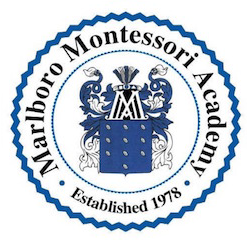
Navigation
Contact Info
Phone Number: 732-946-8887
CAMP: 732-946-2267
Email: admin@marlboromontessoriacademy.com
GPS Address
257 Highway 79
Morganville, NJ 07751
Mailing Address
P.O. Box 272
Wickatunk, NJ 07765
All Rights Reserved
All Rights Reserved | Marlboro Montessori Academy
Marlboro Montessori Academy



